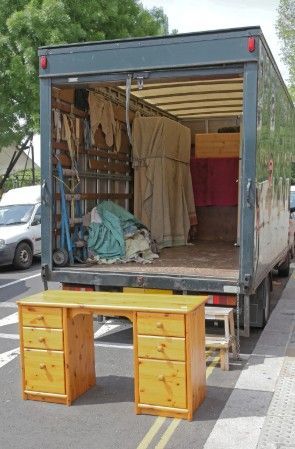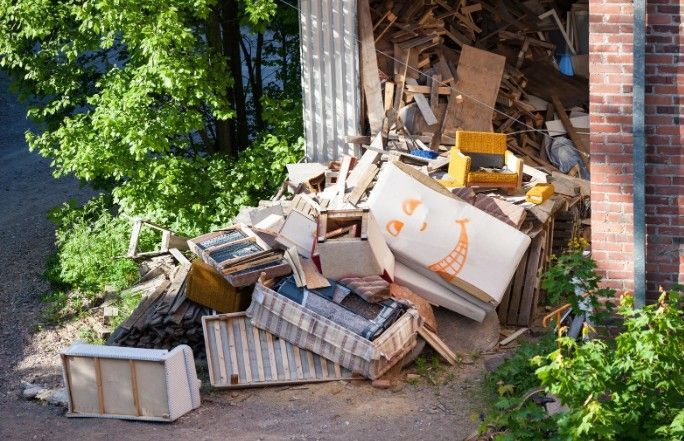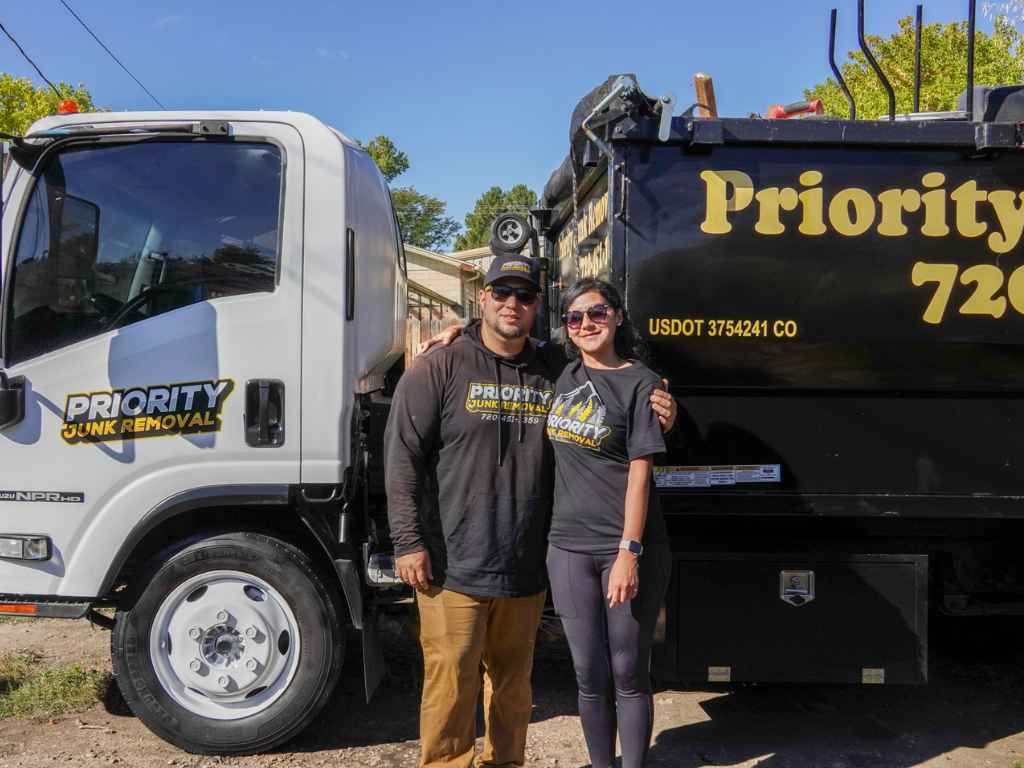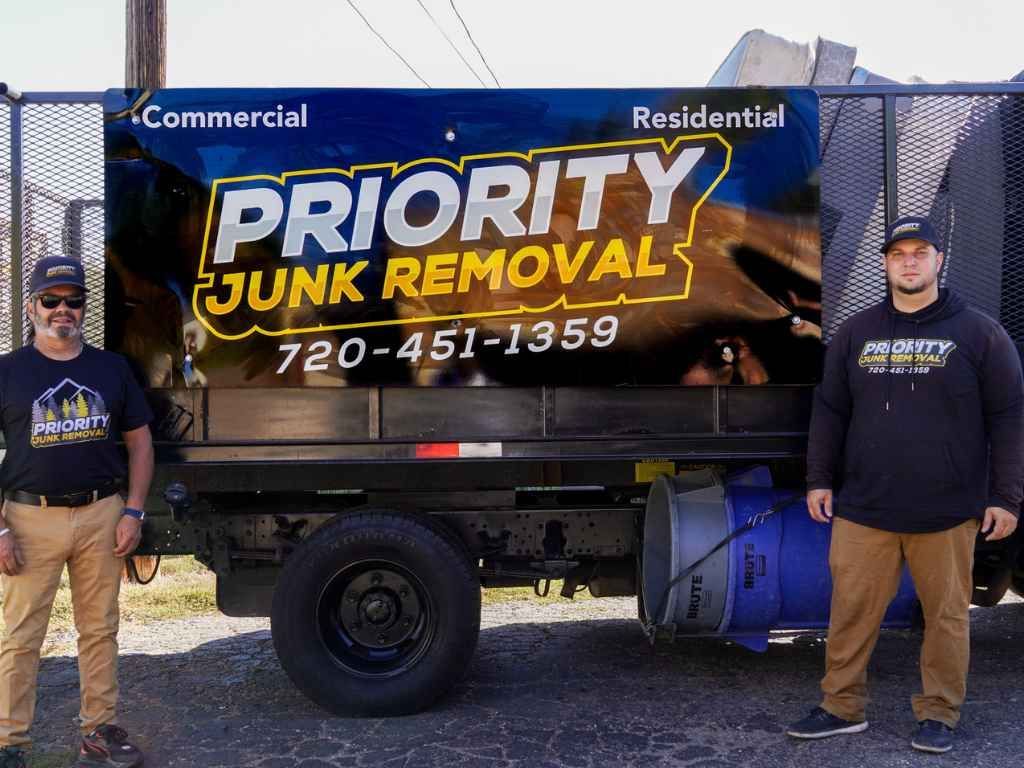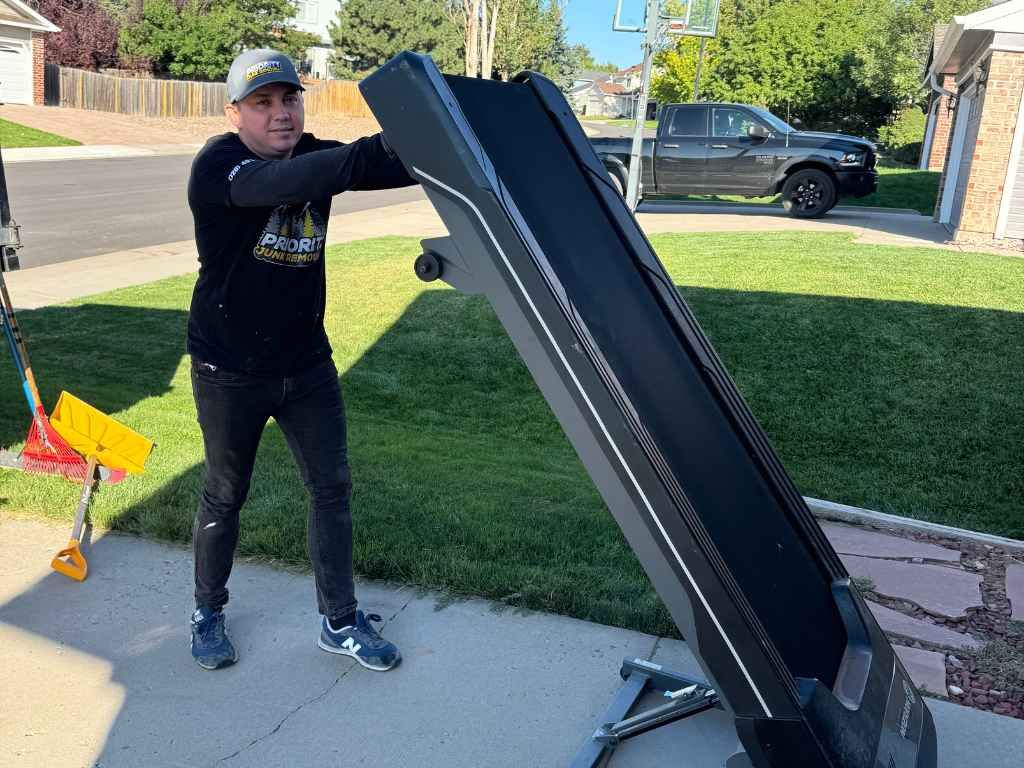5 Key Factors to Consider for Warehouse Cleanouts
Clearing out a warehouse is no small feat. It’s a task that demands careful planning, efficient execution, and attention to detail. Whether you’re reclaiming space, preparing for a relocation, or handling the aftermath of business closure, the process requires strategic coordination to avoid wasted time, unnecessary costs, or potential hazards.
From dealing with bulky machinery to disposing of obsolete inventory, warehouse cleanouts come with their own set of challenges. To help navigate this often-overwhelming process, here are five essential factors to consider for a seamless and efficient warehouse cleanout.
Strategic Planning & Logistics Coordination
Before diving into the physical labor of clearing out a warehouse, it’s crucial to create a well-structured plan. A haphazard approach will only lead to confusion, inefficiency, and unnecessary delays.
Start by assessing the scale of the cleanout. Conduct a thorough walkthrough of the warehouse, identifying areas that require special attention. Categorize items based on whether they should be retained, resold, donated, recycled, or disposed of. The more detailed your plan, the smoother the operation will be.
- Set a timeline with specific deadlines for each phase of the cleanout.
- Determine what equipment (forklifts, dumpsters, trucks) will be needed.
- Identify any hazardous materials that require specialized disposal.
- Coordinate with employees or external contractors to ensure adequate manpower.
- Check local regulations regarding waste disposal and recycling policies.
Efficient Waste Management & Recycling
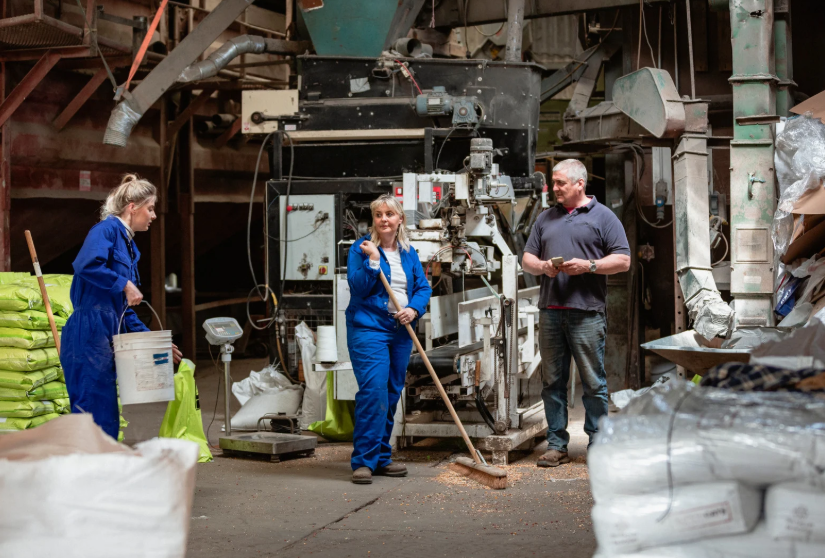
Warehouses often contain a mix of materials, including metals, plastics, electronics, wood, and paper products. Simply tossing everything into a landfill is neither environmentally responsible nor cost-effective. Developing a sustainable disposal strategy is both a responsible and pragmatic choice.
c
- Sort items by material type. This makes it easier to determine what can be recycled or repurposed.
- Partner with recycling facilities. Many components, such as metals, cardboard, and certain plastics, can be recycled or repurposed.
- Consider resale or donation. Equipment, furniture, or excess inventory in good condition can be sold or donated to charitable organizations.
- Dispose of hazardous materials properly. Items such as batteries, chemicals, and electronic waste need to be handled by certified professionals.
Safety & Compliance Considerations
Warehouse cleanouts often involve handling heavy machinery, navigating cluttered spaces, and lifting bulky items. Safety should be a top priority to prevent injuries, accidents, or costly liabilities. Additionally, compliance with industry regulations is non-negotiable to avoid potential fines or legal repercussions.
- Conduct risk assessments to identify potential hazards before starting.
- Provide appropriate personal protective equipment (PPE) such as gloves, masks, steel-toed boots, and high-visibility vests.
- Use proper lifting techniques to avoid strains or injuries when moving heavy objects.
- Ensure proper ventilation when dealing with dust, chemicals, or mold.
- Secure permits if necessary, especially for hazardous material disposal or heavy equipment usage.
Inventory Auditing & Asset Recovery
A warehouse cleanout presents a prime opportunity to take stock of existing inventory and identify assets that still hold value. Rather than discarding everything in haste, an inventory audit can help recover costs by pinpointing items that can be repurposed, sold, or liquidated.
- Identify and categorize all inventory. Separate useful items from outdated or damaged goods.
- Determine salvageable assets. Machinery, office furniture, electronics, and tools might still have resale value.
- Evaluate outdated stock. If you have surplus inventory that’s still functional, consider selling at a discount or donating to organizations that can use it.
- Partner with liquidation experts. If you're dealing with high-value equipment or excess stock, professional liquidators can help you maximize returns.
Hiring Professional Junk Removal Services
While a DIY approach may seem cost-effective at first, large-scale warehouse cleanouts are labor-intensive and time-consuming. Professional junk removal services streamline the process, ensuring that everything is handled efficiently, safely, and in compliance with local regulations.
- Time Efficiency: Professionals have the expertise and equipment to complete the job quickly.
- Proper Disposal Methods: Experts ensure that waste is disposed of responsibly, with an emphasis on recycling and sustainability.
- Heavy Lifting & Logistics: Trained teams handle large, bulky items, reducing the risk of injury or damage to property.
- Regulatory Compliance: Professional services are well-versed in waste disposal laws, ensuring that the cleanout process meets all legal requirements.
- Cost-Effective: While it may seem like an added expense, professional services often save money by eliminating inefficiencies and maximizing asset recovery.
Mastering Warehouse Cleanouts A Step-by-Step Guide to Efficiency
Warehouse cleanouts can feel overwhelming, but with a step-by-step approach, the process becomes far more manageable. Whether you're clearing space for new inventory, shutting down operations, or simply reorganizing, it’s essential to have a game plan. Rushing into a cleanout without a structured approach can lead to wasted time, misplaced items, and even safety hazards. To avoid unnecessary complications, breaking the cleanout into clear, actionable steps will help maintain organization and efficiency.
From initial planning to final disposal, each phase requires careful consideration. Categorizing items, securing the right equipment, and ensuring proper disposal are just a few of the crucial elements to consider. Whether you're repurposing valuable assets or handling waste responsibly, understanding the process will save time and money. Mastering a structured warehouse cleanout strategy will ensure a smooth transition, whether you're downsizing, relocating, or simply optimizing storage space.
Avoid These Costly Mistakes When Cleaning Out a Warehouse
Warehouse cleanouts are not as simple as they may seem, and many businesses make costly mistakes that can be easily avoided. One of the most common errors is failing to plan ahead. Without a clear strategy, warehouses quickly become a mess of misplaced items, unnecessary labor, and wasted resources. Another mistake is underestimating the amount of junk and debris involved. This often leads to last-minute expenses for additional labor, dumpsters, or professional junk removal services.
Improper disposal is another costly pitfall. Some businesses unknowingly dispose of recyclable materials or hazardous waste improperly, resulting in environmental fines. Additionally, failing to take inventory before disposal can mean throwing away valuable equipment that could have been resold. Businesses can save time and money by organizing a detailed cleanout strategy, working with professionals, and ensuring compliance with local disposal regulations.
Warehouse Cleanouts and the Hidden Profits Lurking in Your Inventory
Many businesses overlook the hidden value buried within their warehouse inventory. A cleanout presents a unique opportunity to uncover assets that can be repurposed, resold, or liquidated. Old machinery, office equipment, and surplus stock often hold significant resale value, yet many businesses discard them without assessing their potential worth. Identifying and capitalizing on these assets can turn a warehouse cleanout into a profitable endeavor.
Instead of simply throwing everything away, businesses should conduct a detailed audit of their inventory. Outdated stock can often be sold at discounted rates, while scrap materials such as metal and electronics can be recycled for cash. Donating items to charities or other businesses can also provide tax benefits. With the right approach, a warehouse cleanout is more than just an organizational task—it’s an opportunity to recover financial value from overlooked inventory.
The Role of Professional Services in Large-Scale Warehouse Cleanouts
While some businesses attempt to handle warehouse cleanouts on their own, the process is often too overwhelming to manage efficiently. Professional junk removal services specialize in large-scale cleanouts, providing the necessary manpower, equipment, and expertise to complete the job safely and effectively. Without professional assistance, businesses risk delays, increased costs, and potential safety hazards.
Hiring a professional team ensures that waste is disposed of correctly while maximizing opportunities for recycling and asset recovery. Professionals also handle heavy lifting, hazardous materials, and proper sorting, reducing the burden on business owners. Their experience in logistics allows for a structured cleanout process that saves time and resources.
Sustainability Matters in Warehouse Cleanouts and How to Achieve It
Sustainability is becoming an essential factor in warehouse management, and cleanouts play a crucial role in reducing waste and environmental impact. Instead of sending everything to landfills, businesses can adopt eco-friendly disposal practices such as recycling, donating, and repurposing materials. Sustainable cleanouts not only benefit the environment but also reduce disposal costs and enhance a company’s corporate responsibility.
Sorting materials properly, working with recycling centers, and donating usable items are all ways to make warehouse cleanouts more sustainable. Electronic waste, scrap metal, and wooden pallets can often be repurposed instead of discarded. Many municipalities also offer programs that support responsible waste management.
The Unexpected Challenges of Warehouse Cleanouts and How to Overcome Them
Warehouse cleanouts come with a range of unexpected challenges that can delay or complicate the process. One of the most common issues is underestimating the sheer volume of junk and equipment that needs to be removed. Without proper planning, businesses may find themselves overwhelmed by the scale of the task, leading to wasted time and inefficiency.
Another significant challenge is handling hazardous materials such as old batteries, chemicals, or industrial waste. These require specialized disposal methods to comply with environmental regulations. Additionally, many warehouses house outdated machinery that is difficult to remove without the right equipment. By anticipating these challenges and working with experienced junk removal professionals, businesses can avoid costly setbacks and complete the cleanout efficiently.
Conclusion
A warehouse cleanout is more than just an organizational task—it’s an opportunity to reclaim valuable space, improve efficiency, and responsibly manage waste. By implementing a strategic approach that includes careful planning, sustainable disposal practices, strict safety measures, asset recovery, and professional junk removal services, the process can be completed seamlessly. For those looking to tackle a warehouse cleanout in the most efficient and responsible manner, Priority Junk Removal offers expert services to simplify the process.
Located at 6091 South Spotswood Street, Littleton, Colorado 80120, United States, our team specializes in hassle-free junk removal, ensuring your warehouse is cleared quickly and responsibly. For more information or to schedule a service, contact Priority Junk Removal at 720-451-1359 or email priorityjunkremoval@gmail.com.

